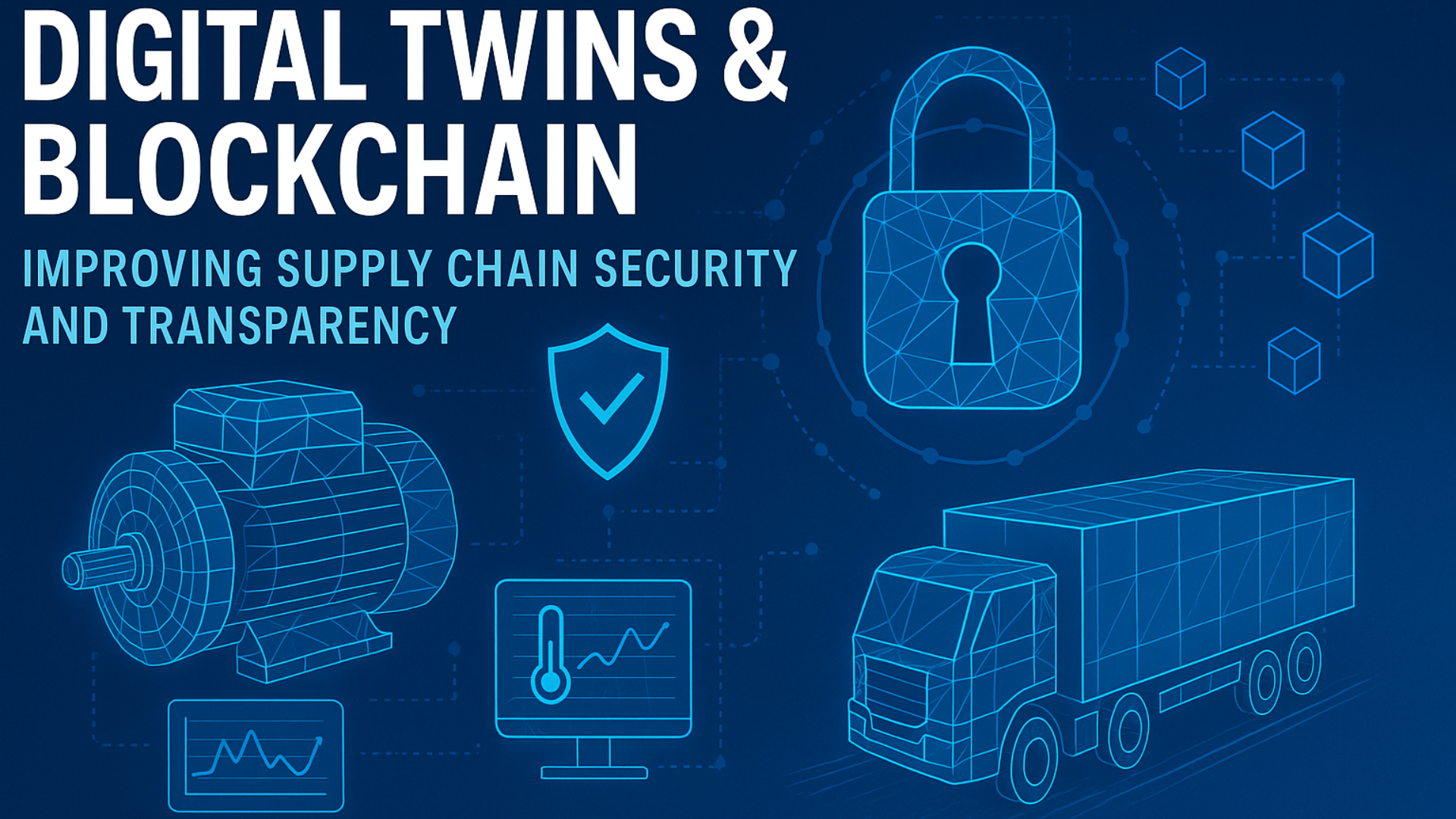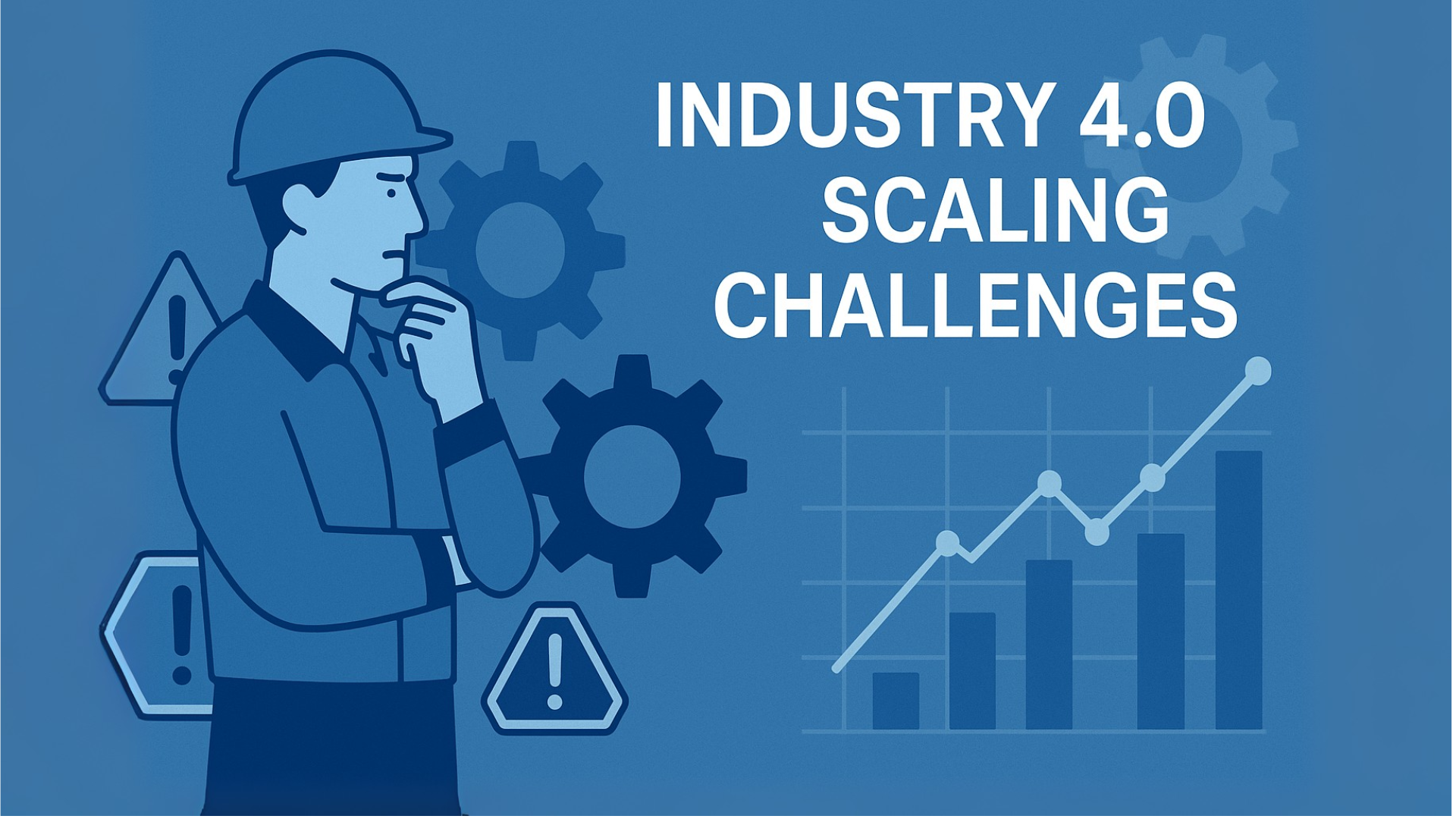The combination of blockchain technology and digital twins presents a compelling solution for improving supply chain security and transparency. Digital twins are virtual replicas of physical assets or processes, allowing real-time monitoring and simulation. When integrated with blockchain—a decentralized, tamper-proof ledger—manufacturers can create a trustworthy record of every transaction and change within their supply chains.
This fusion enhances traceability, enabling stakeholders to verify the provenance and authenticity of parts, monitor environmental conditions like temperature or humidity, and enforce contractual agreements automatically through smart contracts.
Academic research, including recent papers on arXiv.org, suggests this approach mitigates risks such as counterfeiting, fraud, and compliance violations, which have become critical concerns in complex global supply chains. Blockchain’s immutability prevents data tampering, while digital twins provide granular, real-time visibility into asset conditions.
However, practical implementation faces hurdles. Blockchain scalability and transaction speed remain challenges for high-volume manufacturing environments. Integration with existing ERP and MES systems requires standardization efforts and cross-industry collaboration.
Manufacturers interested in pilot programs should focus on specific supply chain segments where traceability is critical—such as pharmaceuticals, aerospace, or food safety. Early adopters can leverage consortium blockchains and digital twin platforms to develop proof-of-concept projects that demonstrate ROI and build stakeholder confidence.


















